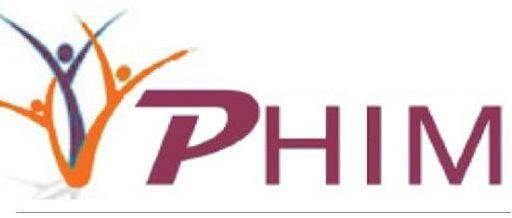Human and animal health workers from the districts of Dowa, Dedza and Lilongwe districts recently completed a comprehensive training program on Integrated Disease Surveillance and Response (IDSR), including Event-based surveillance (EBS) in Salima district.
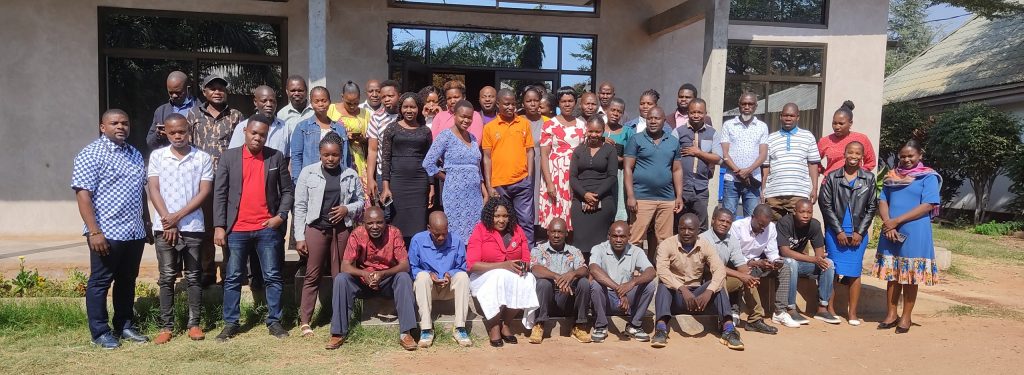
The training, organized by the Public Health Institute of Malawi (PHIM) with funding from Global Fund, aimed to enhance the capacity of IDSR focal persons and others related frontline professionals from both human and animal health sectors (one health) in early detection and response to priority diseases and public health events in the country.
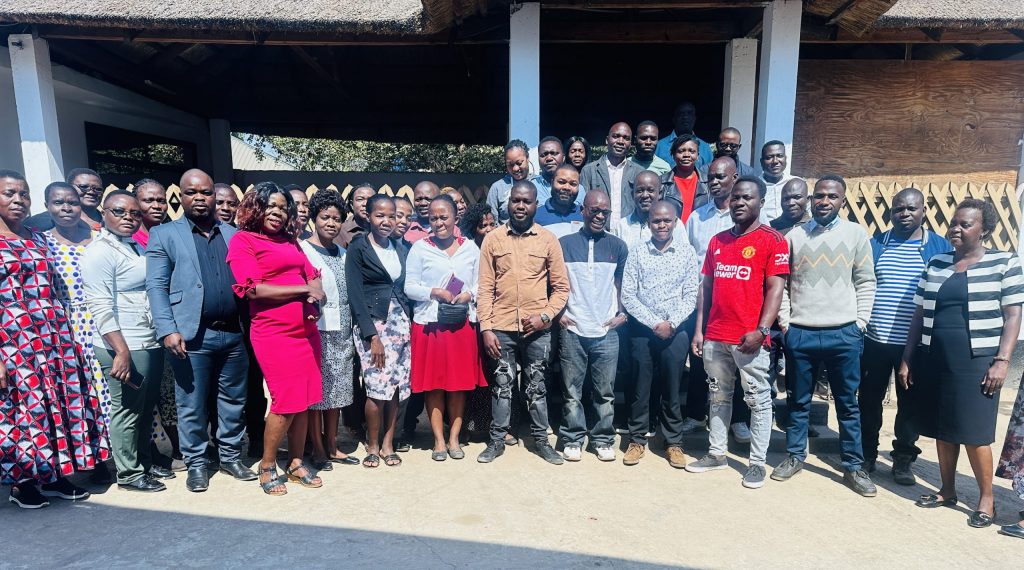
The course covered essential topics in relation to the core functions of IDSR and EBS, namely: Detection and recording of priority diseases, conditions or events; Reporting of priority diseases, conditions and events; Analysing and interpretation of data; Investigation and confirmation of suspected outbreaks and other public health events; Prepare and respond to outbreaks and other public health events; Risk Communication; Monitor, supervise, evaluate and provide feedback to improve surveillance and response; and Tailoring IDSR to emergency or fragile health system contexts. Topics under EBS included introduction to EBS and its importance, health facility and community EBS, EBS data entry, and EBS data visualisation, among others.
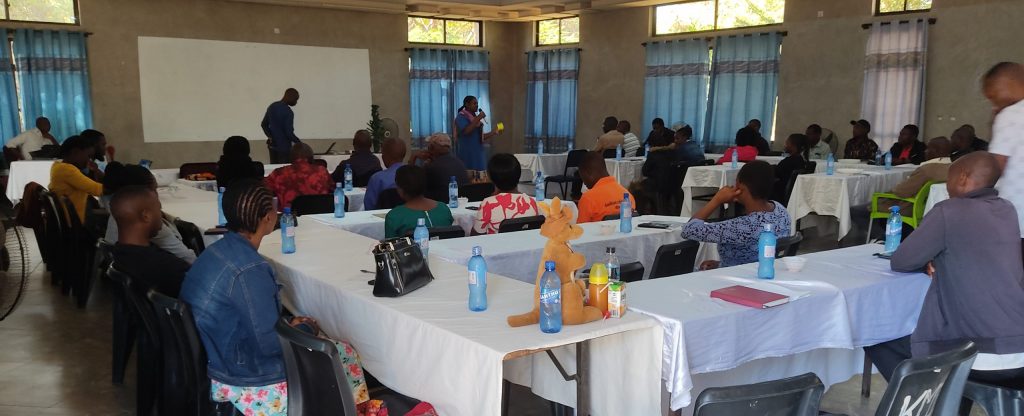
Participants explored the web based application of the One Health Surveillance Platform (OHSP) within the context of IDSR and EBS, and explored parallels with HMIS modules. This holistic approach emphasizes collaboration among human health, animal health, and environment sectors to prevent and control diseases. The training emphasized effective risk communication strategies before, during, and after disease outbreaks. Health workers learned how to engage with communities, dispel misinformation, and promote preventive measures.
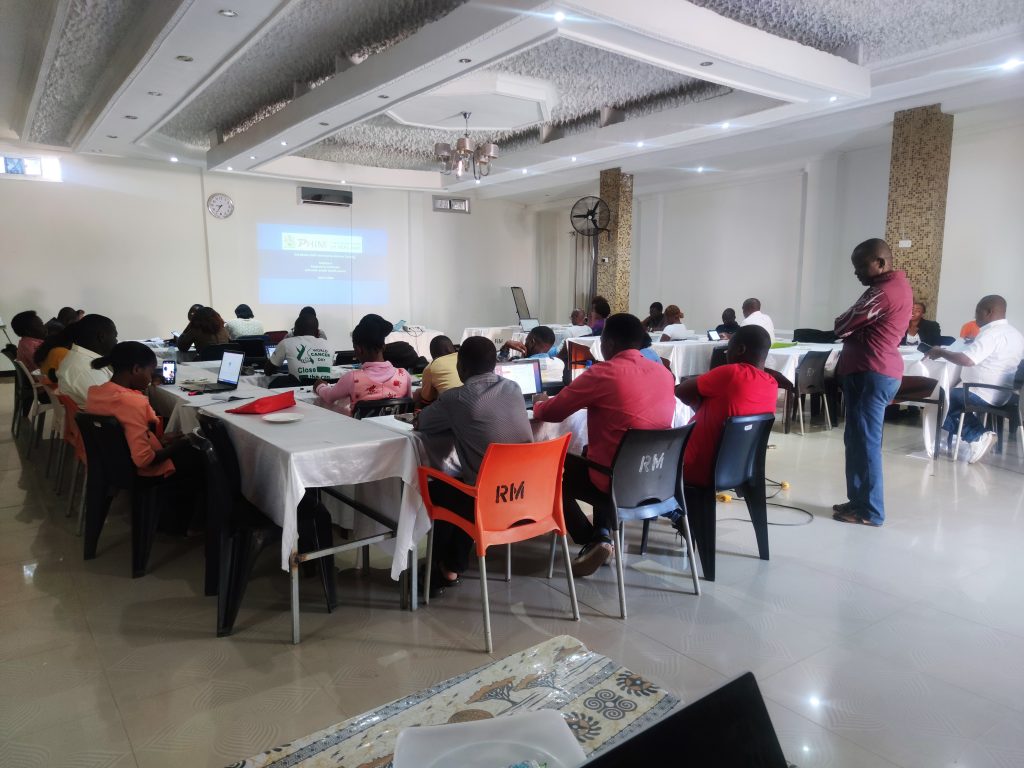
The training highlighted the critical role of community involvement in disease surveillance. “By analyzing trends and patterns, human and animal health workers can identify outbreaks early and implement timely interventions.”
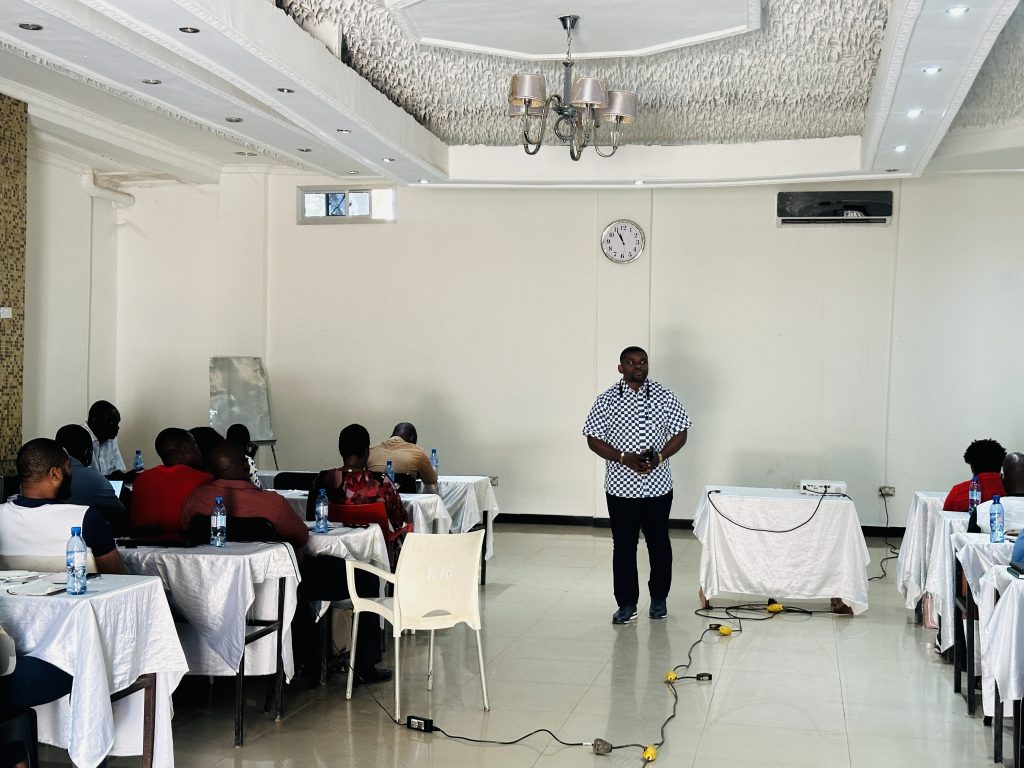

Mr. Austin Zgambo, National IDSR Manager, expressed optimism about the training’s impact. In his welcoming remarks during one of the training sessions, he said “As we embark on this journey, let’s acknowledge the critical role each of you plays in strengthening our health systems. Your dedication to learning and applying these guidelines will enhance our collective ability to detect, report, and respond to public health events promptly and effectively. Together, we will build a resilient surveillance system that safeguards the health of our communities, ensuring a coordinated response to diseases and conditions of priority. Let’s commit to this mission with the knowledge that our efforts today will shape the well-being of our society for years to come.”
